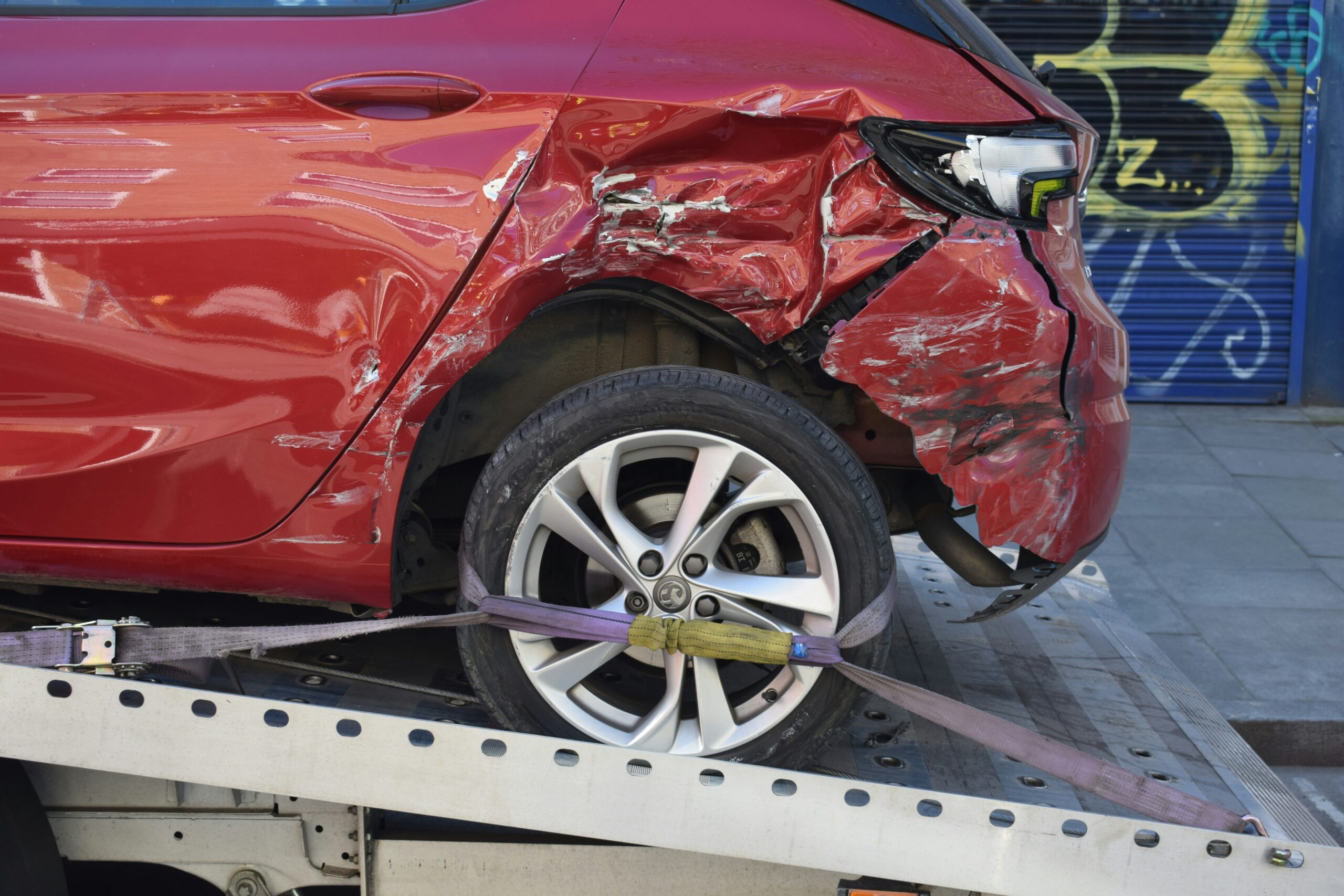Being in an accident, even a minor one, can lead to both physical injury and mental trauma. Of course, any serious accident can leave you with lasting injuries, but even seemingly harmless car crashes can have lingering psychological effects.
One of the most overlooked effects of being in an automobile accident is the prolonged shock some people experience afterward.
We usually think of shock as something that happens right after a traumatic event, but for some individuals, the experience continues long after that initial event, creating a serious health issue to navigate. Read Here: How Long Can Your Body Be in Shock After a Car Accident?
Recognizing Prolonged Shock Symptoms
Shock has a number of ways of showing itself, including through any combination of physical, emotional, and cognitive symptoms. The immediate reactions may manifest as dizziness, a rapid heartbeat, and confusion. But what may not be addressed as much are the prolonged symptoms that can continue for weeks or even months, in some individuals.
Physical Symptoms:
- Persistent fatigue
- Difficulty sleeping
- Muscle tightness and headache
- Aches and pains in the body that can’t be explained.
- Lack of appetite or nausea
Emotional Symptoms:
- Persistent worry and anxiety
- Extended despair or depression
- Emotional numbness
- Volatile mood swings
- Feeling disconnected from life or loved ones
Cognitive Symptoms:
- Difficulty concentrating
- Persistent intrusive thoughts or flashbacks of the accident
- Memory lapses
- Increased sensitivity to stimuli, such as loud noises or sudden movements
Managing Prolonged Shock Symptoms
The treatment for prolonged shock symptoms require a mixture of self-care and professional help, along with the kinds of lifestyle adjustments that you might expect of any serious, long-term health issue. Read Here: How Long Can Your Body Be in Shock After a Car Accident?
Seek Professional Help
Should symptoms continue or worsen, it is essential to consult a qualified professional or therapist in the healthcare field. Cognitive-behavioral therapy (CBT) and trauma-focused counseling can serve crucial roles in aiding individuals to process and work through their experiences and to develop vital coping mechanisms.
Engage in Self-Care Practices
Practicing self-care can significantly help recovery. Techniques such as deep breathing exercises, meditation, and progressive muscle relaxation can alleviate stress and promote a sense of calm.
Maintain a Support System
Prolonged shock can be significantly mitigated by having a robust support system of family, friends, or support groups. These people form a safe, understanding environment that makes it possible to open up about the experience and process emotions.
Adopt Healthy Lifestyle Habits
A diet with proper balance, enough hydration, and the elimination of such stimulants as caffeine and alcohol can help the body regain control over its stress-response mechanisms. Hobbies and relaxation pursuits can also be a part of this regimen.
Gradual Exposure and Desensitization
Individuals troubled by unrelenting fear or anxiety connected to the accident might find relief through the controlled, incremental exposure to scenarios that are similar to the incident itself. Work with a therapist who specializes in this type of systematic desensitization, sometimes referred to as “exposure therapy,” can be especially beneficial.
When to Seek Legal Guidance
While managing physical and emotional recovery post-accident is crucial, understanding your legal rights is equally important—especially if you are dealing with medical bills, lost wages, or insurance complexities. Connecting with knowledgeable professionals such as Zanes Law injury attorneys can help clarify whether you may have a valid personal injury claim. Their experience supporting accident victims in Phoenix ensures that clients receive guidance about potential compensation for serious injuries or ongoing trauma after an incident.
Left unaddressed, prolonged shock symptoms can be detrimental. Recognizing the physical, emotional, and mental signs is the first step toward effective management. Recovery requires treatment from healthcare professionals and the development of new and healthy habits.

